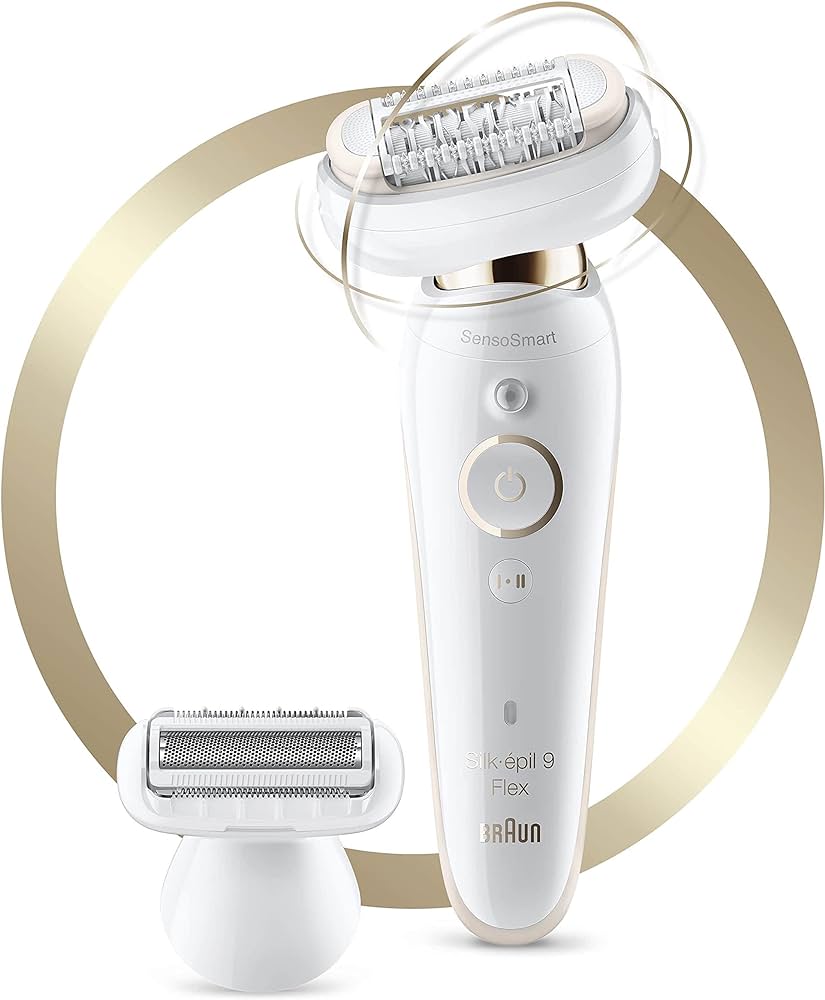Should you shower after epilating?
Introduction:
Epilating is a popular hair removal method that involves removing hair from the root using an electronic device called an epilator. After epilating, there may be questions about whether it is necessary or advisable to shower. In this guide, we will explore the topic of showering after epilating, discussing the potential benefits, considerations, and best practices. By understanding the factors involved, you can make an informed decision and ensure proper care for your skin after epilation.
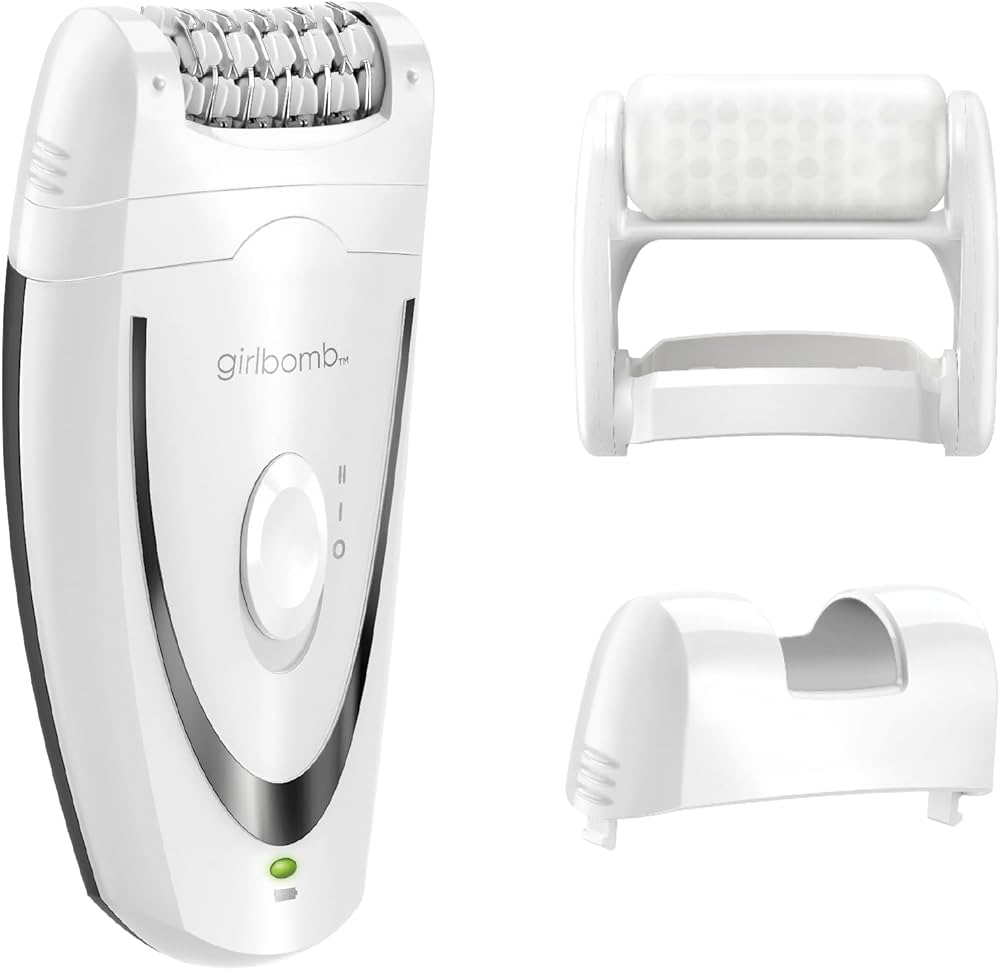
Should you shower after epilating?
Cleansing the Skin after Epilating:
After epilating, it is important to cleanse the skin to remove any residual hair, dead skin cells, or product residue that may be left behind. Cleansing the skin after epilation helps to maintain hygiene and reduce the risk of skin irritation or breakouts. While showering is one method of cleansing, there are alternative options to consider as well.
Immediate Showering after Epilating:
Showering immediately after epilating can have certain benefits, depending on personal preferences and individual circumstances. Here are some considerations to keep in mind:
a) Cleansing the skin: Taking a shower after epilating allows you to cleanse the skin thoroughly, washing away any hair, dead skin cells, or product residue that may be present. This can leave your skin feeling fresh and clean.
b) Soothing the skin: The warm water from a shower can have a soothing effect on the skin, helping to alleviate any temporary discomfort or redness caused by epilation. The water can also help to close the pores, reducing the risk of potential contamination or irritation.
c) Relaxation and comfort: Some individuals find taking a shower after epilating to be a relaxing and comforting experience. The warm water can help them unwind and feel refreshed after the hair removal process.
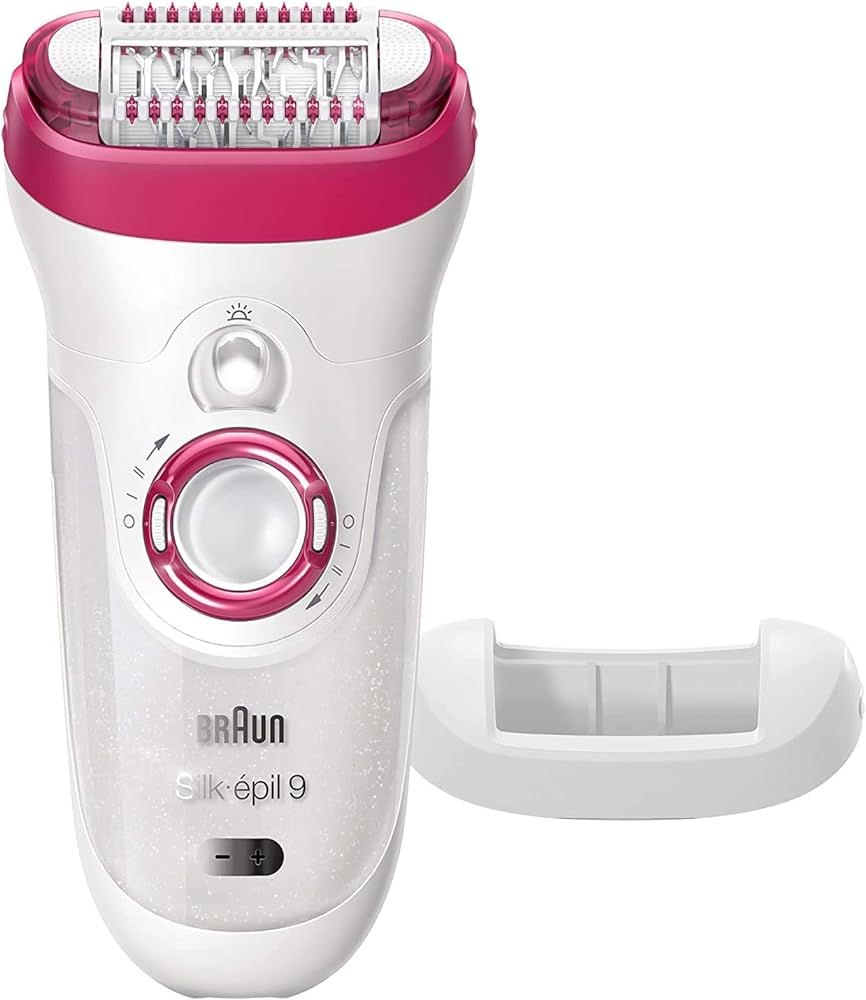
Considerations for Showering after Epilating:
While showering after epilating can be beneficial, there are a few considerations to keep in mind:
a) Sensitivity of the skin: Epilation can temporarily leave the skin more sensitive and prone to irritation. If you have particularly sensitive skin, the warm water from a shower may exacerbate the sensitivity and potentially cause discomfort. In such cases, it may be better to avoid immediate showering and opt for alternative cleansing methods.
b) Water temperature: The temperature of the shower water is an important factor to consider. Hot water can further irritate the skin and potentially cause redness or inflammation. It is advisable to use lukewarm water instead, which is less likely to cause skin irritation.
c) Skincare products: After epilating, the skin may be more sensitive, and certain skincare products may cause further irritation. It is important to avoid using harsh or perfumed products that can potentially irritate the skin. Opt for gentle, fragrance-free cleansers or mild soap when showering after epilating.
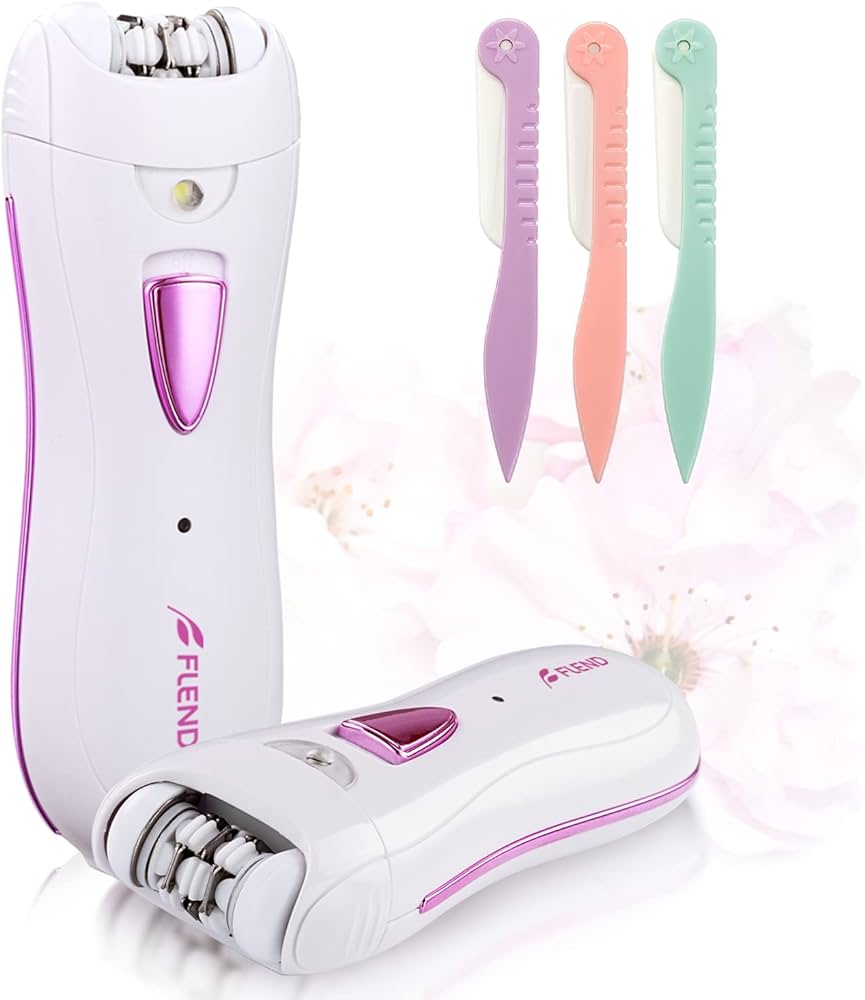
Alternatives to Showering after Epilating:
If showering immediately after epilating is not preferable or practical, there are alternative methods of cleansing the skin:
a) Cleansing wipes: Using cleansing wipes specifically designed for sensitive skin can effectively cleanse the skin after epilation. These wipes are convenient and allow you to target specific areas, removing any residual hair or product residue.
b) Gentle cleansers or toners: Applying a gentle cleanser or toner to a cotton pad can effectively cleanse the skin without the need for a shower. Gently wiping the skin with the cleanser-soaked cotton pad can remove any residue, leaving the skin clean and refreshed.
c) Cold compress: If you experience any temporary discomfort or redness after epilating, applying a cold compress to the skin can help soothe the area. This can be done by dampening a clean washcloth with cold water and placing it on the skin for a few minutes.
Post-Epilation Skincare Tips:
Regardless of whether you choose to shower or use alternative cleansing methods after epilating, there are some general skincare tips to keep in mind:
a) Moisturize the skin: After cleansing, it is important to moisturize the skin to keep it hydrated and nourished. Use a gentle moisturizer suitable for your skin type, preferably one that is fragrance-free and hypoallergenic.
b) Avoid excessive heat and friction: After epilation, the skin may be more sensitive, so it is advisable to avoid activities that can cause further irritation. This includes avoiding hot baths, saunas, or activities that involve excessive friction or rubbing against the skin.
c) Sun protection: After epilating, the skin may be more susceptible to sunburn. Apply a broad-spectrum sunscreen with a high SPF to protect the skin from harmful UV rays when going outside.
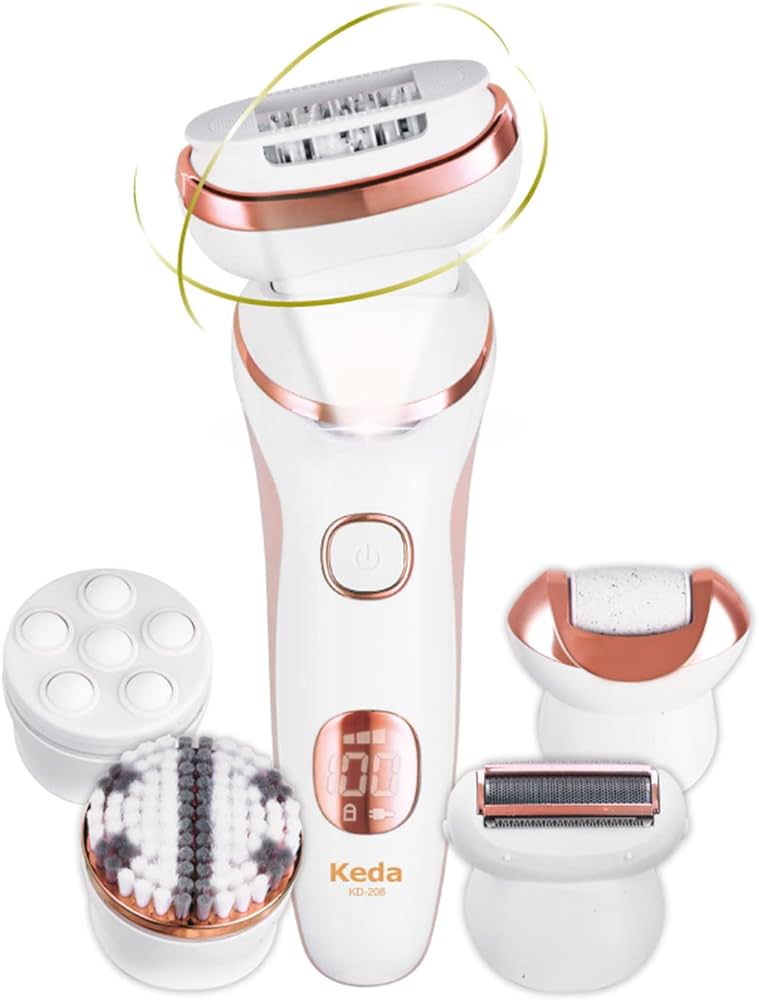
Drying the Skin:
After cleansing the skin, whether through a shower or alternative methods, it is crucial to dry the skin properly. Gently pat the skin dry with a clean towel. Avoid rubbing or scrubbing the skin, as this can further irritate the sensitive areas. Allow the skin to air dry for a few minutes to ensure it is completely dry before proceeding with any additional skincare steps.
Applying Soothing Products:
After epilating, the skin may benefit from the application of soothing products to help calm and nourish the skin. Consider using aloe vera gel, which has natural anti-inflammatory properties and can help soothe any redness or irritation. Apply a thin layer of aloe vera gel to the epilated areas and let it absorb into the skin. Alternatively, you can opt for moisturizers or lotions specifically formulated for sensitive skin to provide hydration and relief.
Avoiding Aggressive Activities:
In the hours following epilation, it is important to avoid activities that may further irritate the skin. This includes activities that can cause excessive sweating, such as intense workouts or hot yoga, as sweat can potentially irritate freshly epilated skin. Additionally, refrain from wearing tight clothing or engaging in activities that involve excessive friction against the skin, such as intense physical activities or rough towel drying. Giving the skin time to recover and breathe can help minimize any potential discomfort or irritation.
Following Up with Regular Skincare Routine:
After the initial care and soothing steps, it is important to return to your regular skincare routine. This includes any additional steps you typically include in your skincare regimen, such as applying serums, using eye creams, or applying moisturizers. However, be mindful of the sensitivity of the skin and opt for products that are gentle and suitable for sensitive or recently epilated skin. Avoid products with harsh chemicals or fragrances that can potentially irritate the skin further.
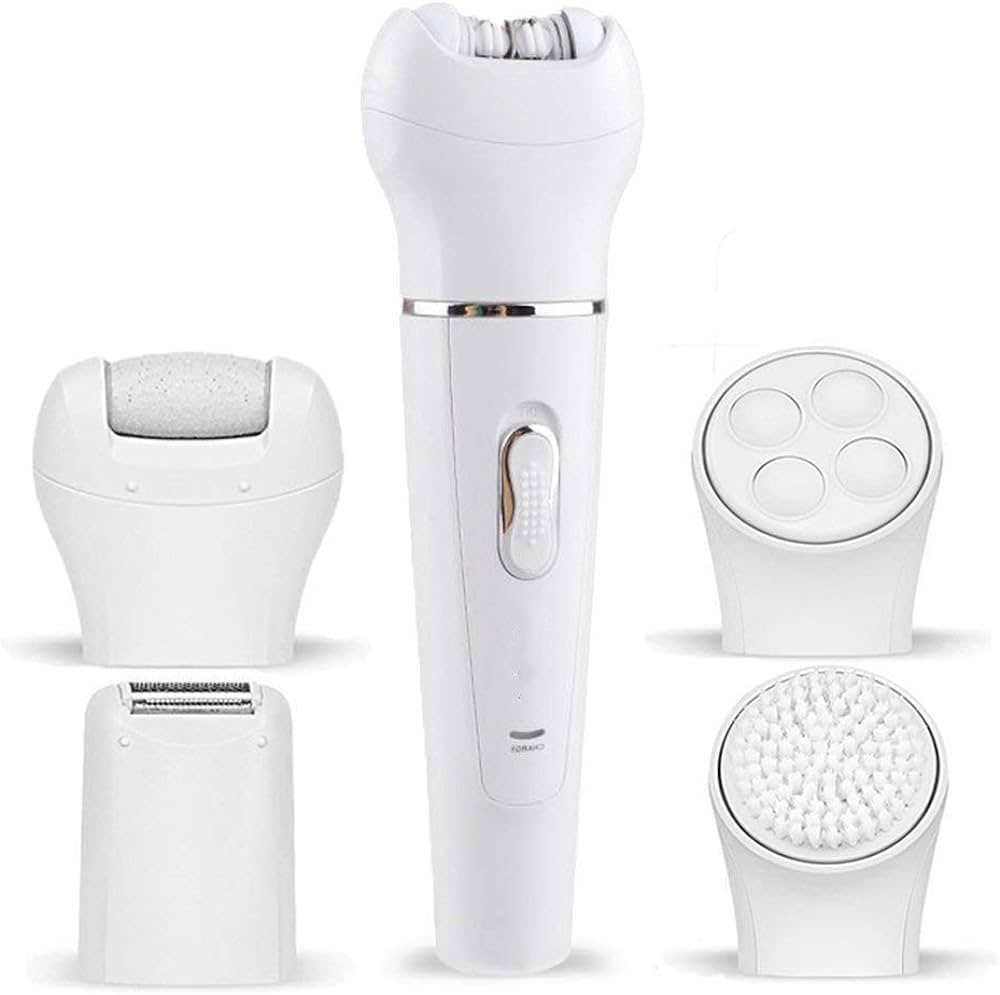
Conclusion:
Showering after epilating can be beneficial for cleansing the skin and providing a soothing experience. However, there are considerations to keep in mind, such as the sensitivity of your skin and the water temperature. If showering is not preferable or practical, alternative cleansing methods such as using wipes or gentle cleansers can effectively clean the skin. Regardless of the method chosen, it is important to follow proper post-epilation skincare practices, including moisturizing the skin and protecting it from excessive heat and sun exposure. By understanding these considerations and best practices, you can ensure proper care for your skin after epilation and maintain its health and appearance.
